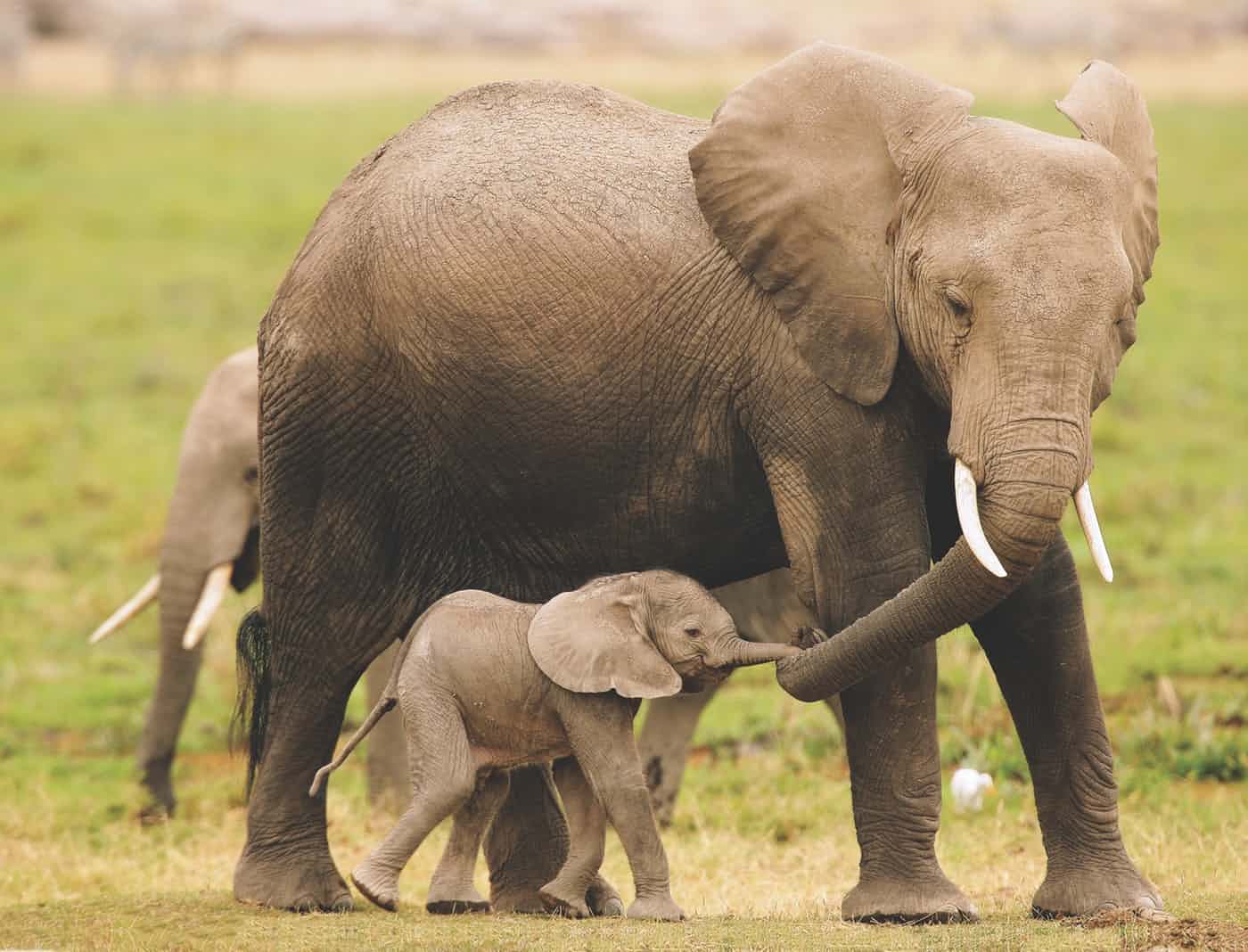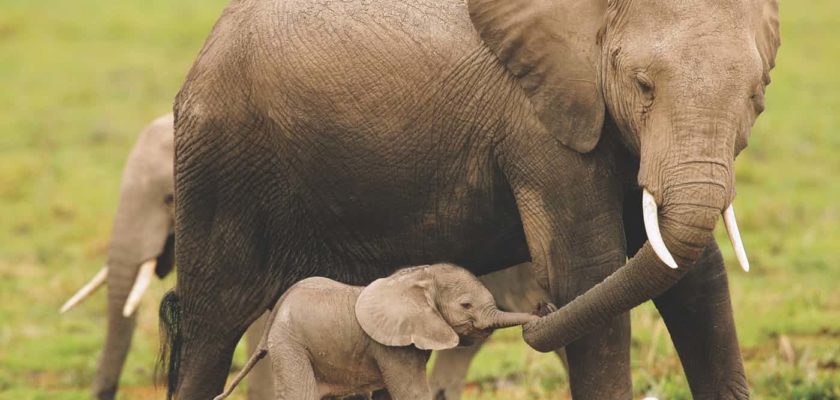When it comes to the mother-infant relationship, human beings have shown the greatest attachment for time immemorial. However, less attention has been given to animals, although after deep research on their ways of life, it has been discovered that animals too have much greater maternal care than we thought. Below is a list of seven most wonderful moms in the animal kingdom that have been discovered to display far greater maternal care than we could imagine.
Orangutans
In the family of apes, we happen to be mostly familiar with the black species of chimpanzees and gorillas; however, there exists this species of apes which are reddish-brown in nature whose habitat is of arboreal nature. The female orangutans usually have babies after every 8 years or more which means they have more ample time to spend with their babies. These infants are usually dependent on their mothers during their first 2 years of growth.
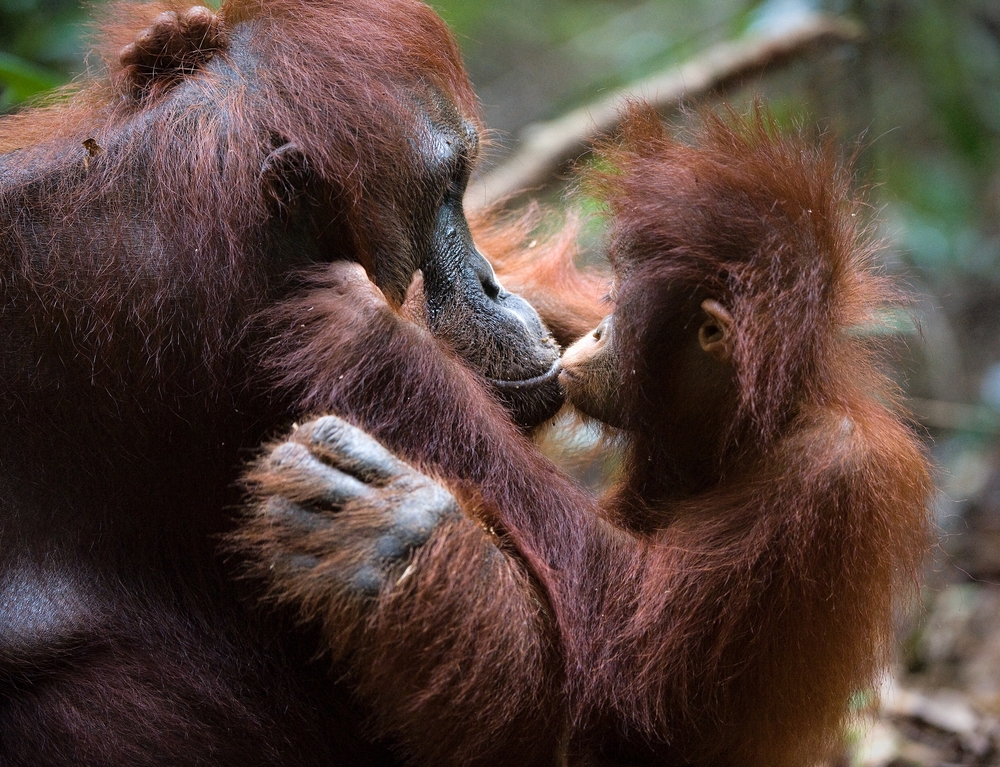
Koalas
Koalas are one of the most endangered species in the world and all koala mother have to do the unthinkable to put food on the table, or atleast to ensure that their poop doesn`t drop down but rather feed their young ones. They live a very antisocial life; however, bonding only exists between mothers and their young ones who are still dependent. Koalas generally live in eucalypt woodlands where leaves from these plants make up their primary diet. The leaves are full of toxic substances and the babies are just not ready for their staple food yet. This is where the mothers have to perform miracles to wean their young ones.
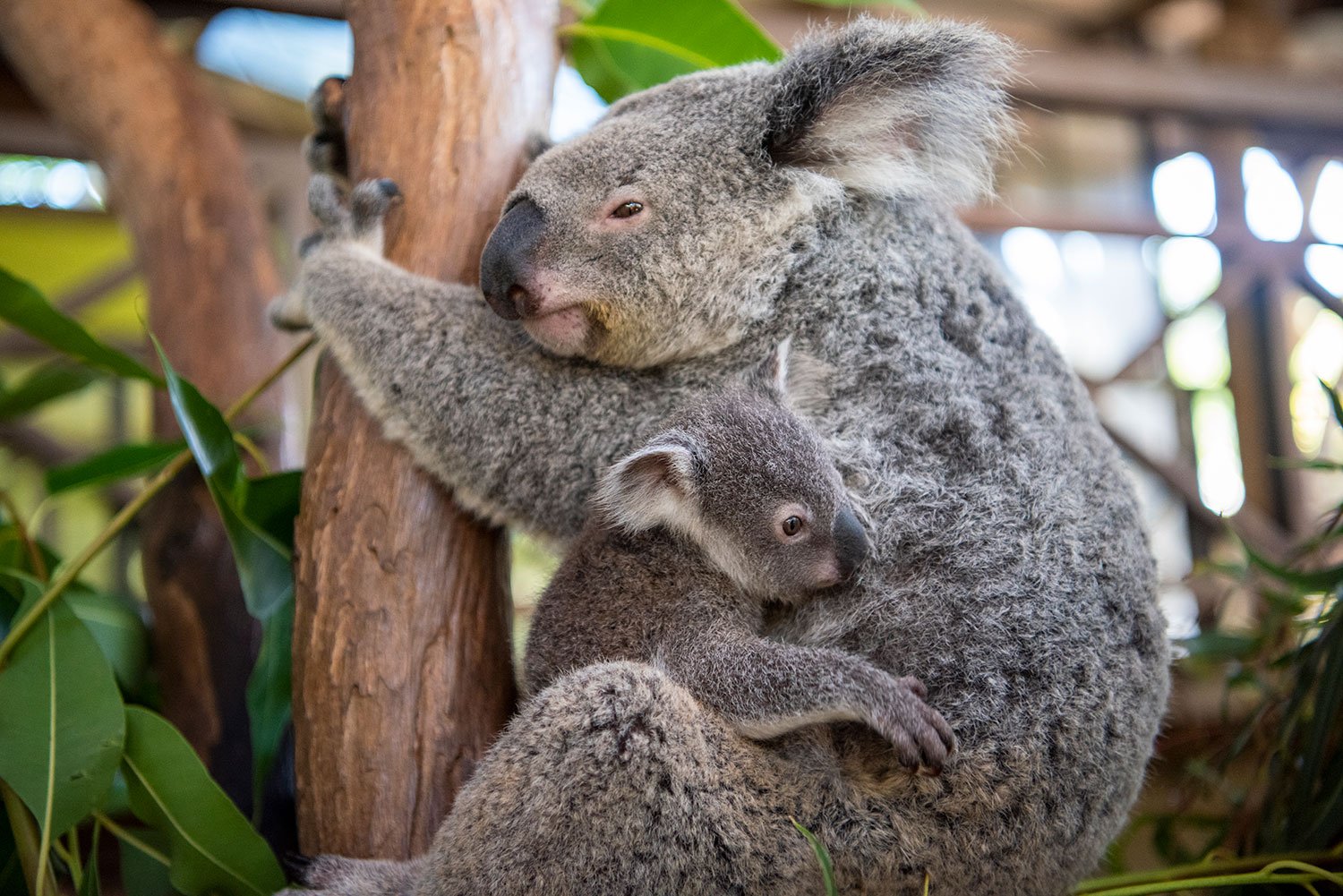
Harp seals
This species of seals have the difficulty of raising their young ones in the ice covered environments which are inhabited by polar bears whose main pray are the seals. The female seals also go to the extent of spending up to 12 days breastfeeding their infants without eating anything. It is at this time that the females lose approximately 7 pounds of fats while the infants gain up to 5 pounds of fats within a fortnight of their birth. Mother-infant relationship of seals continues until when they can independently survive on their own.
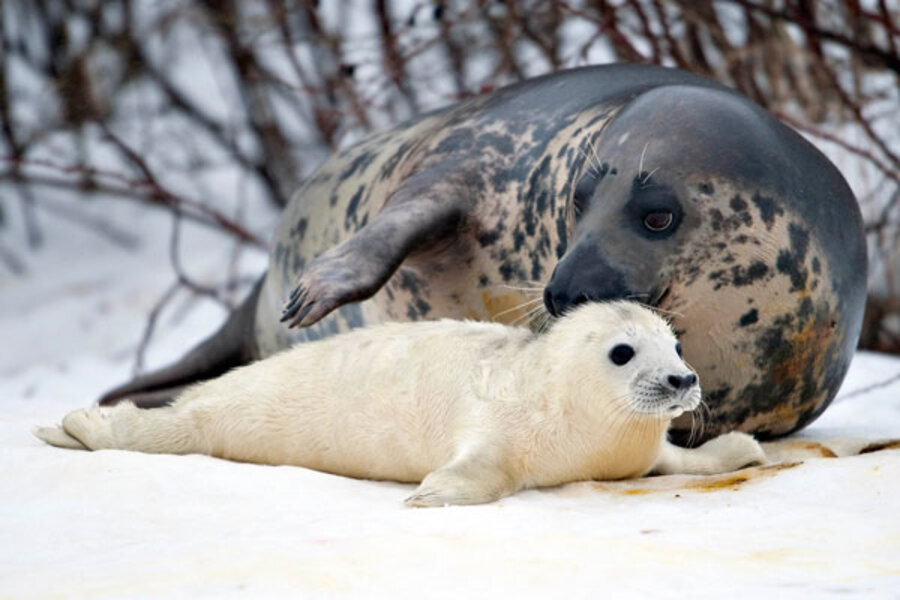
Polar bears
Polar bears are some of the most ferocious mothers in the world, they don’t just feed their young ones, they literally melt their bodies to provide the much needed breast milk. Their young ones are protected through teeth, claw and extreme patience. When the winter comes, polar bears go into hibernation but the saddest aspect is that most of them already have babies at the time. Hibernating with up to three cabs sometimes without any reserve food is a sure death sentence for most animals.
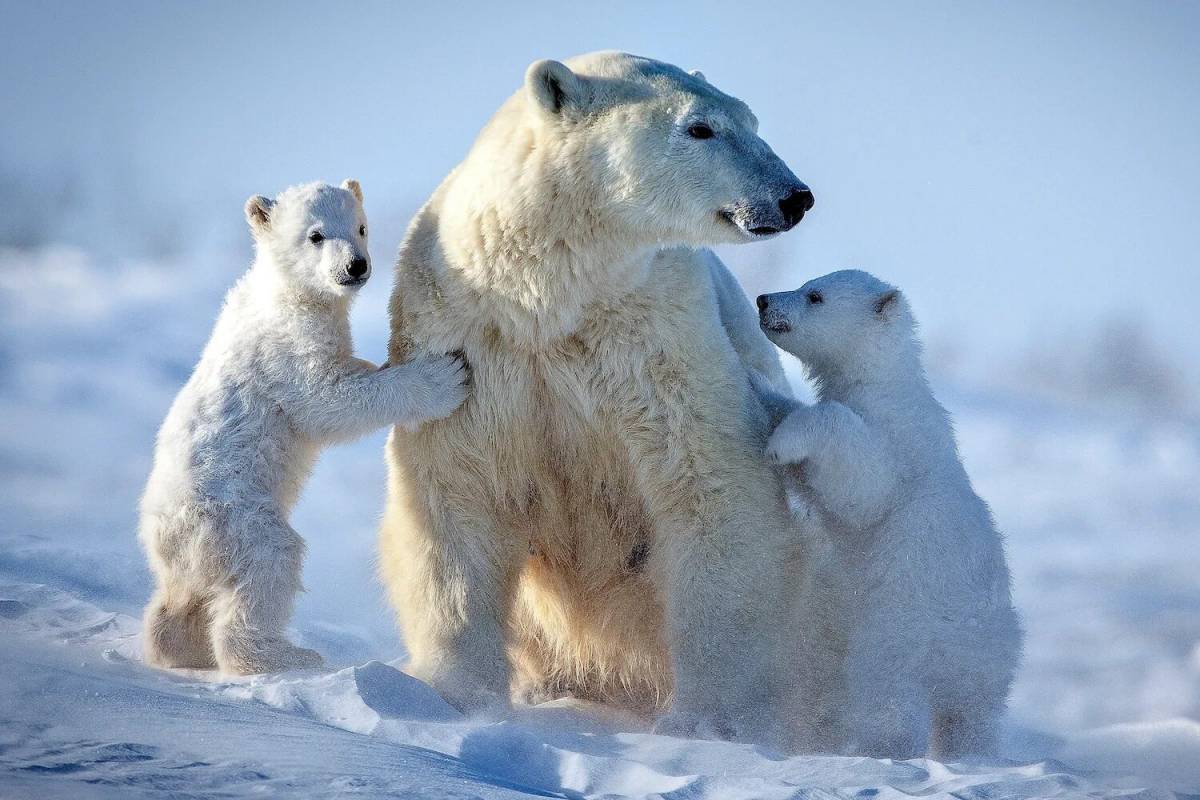
Cheetahs
The fastest mothers on earth are also the best mothers you could ever ask for. They usually give birth to an average of three to eight cubs. Their moms have a difficult job of taking care of their infants since they are usually born without any survival instincts in an environment where hunting is the only way of survival. These moms, regardless of the number of the kittens, ensure maximum protection of their cubs from predators and will go to an extent of training them hunting skills which can take nearly up to 2 years to stick.
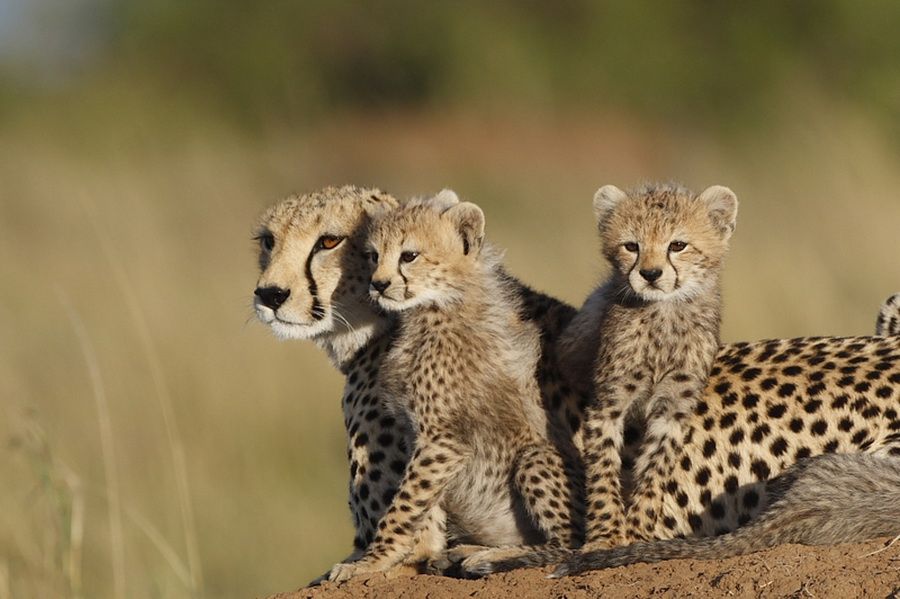
Earwigs
For most insects, maternal care is uncommon; however, with earwigs is not an option. Female earwigs usually provide warmth and protect their eggs from predators. They also clean them to prevent fungus formation and infections. During this time, mothers will go to the extent of not feeding on any other food apart from the unhatched eggs. This does not only end there, female earwigs also help their young ones shed off their shells and protects them until they reach their second stage of molting.

Elephants
As giants of the jungles from Africa to Asia, elephants emerge as the most patient and also ferorious mothers on earth. After spending 2 years pregnant and experiencing the hardest labor pains as they give birth to the world`s largest babies, these beautiful beasts still show a motherly instinct that can`t be igored. It’s so fascinating that after birth, other ladies in the herd join the daycare and protection scheme and helps babysit the young ones even the ones that don`t have babies.
